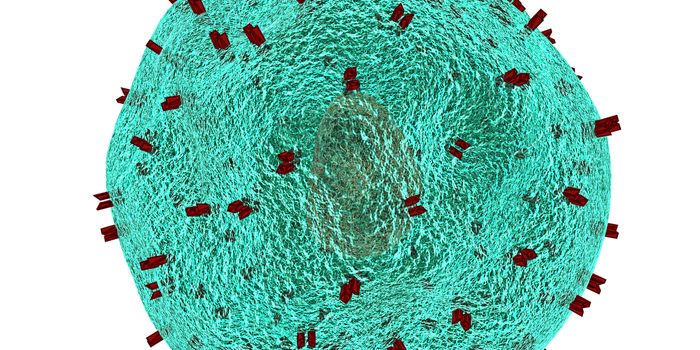Zika was a relatively an unknown name in the Americas until around 2015 when the outbreak in Brazil caught the world’s attention. The virus is known to cause severe birth defects in the developing fetus. But while much attention has been devoted to understanding and preventing Zika transmission, researchers at the University of Cambridge see a golden opportunity in Zika as a way to fight against deadly brain cancers.
“Zika virus infection in babies and children is a major global health concern, and the focus has been to discover more about the virus to find new possible treatments,” said Dr. Harry Bulstrode, a Cancer Research UK scientist at Cambridge. “We’re taking a different approach, and want to use these new insights to see if the virus can be unleashed against one of the hardest to treat cancers.”
In particular, Bulstrode and his team are fascinated by Zika’s ability to cross the blood-brain barrier, an elusive feat that most drugs can’t achieve. Indeed, Johns Hopkins researchers were among the first to prove that the Zika virus is capable of crossing both the placental barrier and the blood-brain barrier. Furthermore, in the brain, the virus targets cortical neural progenitor cells to make more of the virus. This is one of the mechanisms behind the microcephaly birth defects seen in babies born to Zika-infected mothers.
But while the virus wreaks havoc in the developing fetal brain, the virus usually doesn’t do much in the adult brain. And these attributes can be exploited to treat glioblastomas, the most common and deadly form of primary brain cancer.
Bulstrode and his team see the virus as effective glioblastomas killers, as the cancer cells may be similar to the stem cells that the virus attacks in the fetal brain. The potential is huge, and Bulstrode’s team has been awarded with a sizeable grant to test this in cell and animal models. Their goal will be to show whether Zika can selectively target glioblastoma cells without harming nearby healthy tissues.
“We hope to show that the Zika virus can slow down brain tumour growth in tests in the lab. If we can learn lessons from Zika’s ability to cross the blood-brain barrier and target brain stem cells selectively, we could be holding the key to future treatments,” said Bulstrode.
“We urgently need new insights and treatments to tackle glioblastomas, one of the most common and difficult to treat forms of brain tumours,” said Dr. Iain Foulkes, director of research and innovation at Cancer Research UK. “Finding new ways to treat brain tumours to help more people survive the disease is a priority for Cancer Research UK. Dr Bulstrode’s research is an incredibly innovative way to expand our understanding of how we can beat this disease, which remains a notorious challenge.
Additional source: Cancer Research UK
-
APR 30, 2024Immuno-Oncology Virtual Event Series 2024
-
MAY 07, 20243rd International Biosecurity Virtual Symposium
-
SEP 03, 2024Microbiology Week Virtual Event Series 2024
- See More


















































